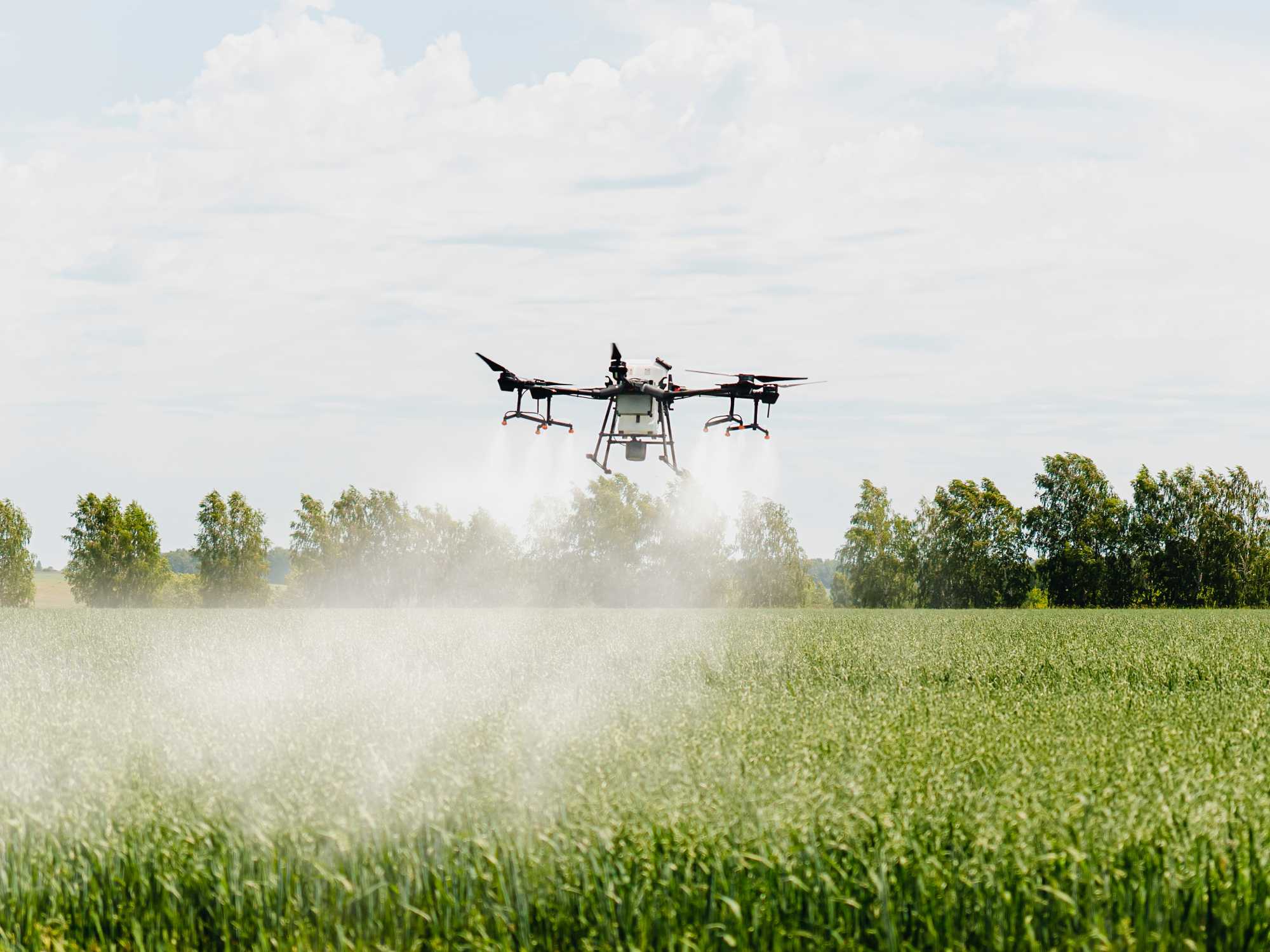In recent years, agricultural drones have emerged as a game-changing technology, transforming the way farmers conduct their operations. These innovative devices, equipped with advanced sensors and imaging capabilities, offer farmers a powerful tool to enhance productivity and sustainability in their fields. As the agricultural landscape becomes increasingly competitive, adopting drones can provide significant advantages. Let’s explore the important benefits of using agricultural drones and highlight why they are becoming an indispensable asset for modern farmers.
Increased Efficiency in Crop Monitoring and Management
Agricultural drones significantly increase efficiency in crop monitoring and management. Traditionally, farmers had to rely on labor-intensive methods to inspect their fields, which was both time-consuming and often inaccurate. Drones, on the other hand, can cover large areas quickly, capturing high-resolution images that provide detailed insights into crop health. These images can detect issues such as pest infestations, nutrient deficiencies, and water stress, allowing farmers to take timely corrective actions. By leveraging drone technology, farmers can ensure their crops receive the care they need without wasting precious time and resources.
Precision Agriculture for Better Yields
Drones play a pivotal role in precision agriculture, leading to better yields. Precision agriculture focuses on optimizing field-level management through data-driven techniques, and drones are at the forefront of this revolution. Equipped with multispectral and thermal sensors, drones can assess various factors that impact crop growth, such as soil conditions, moisture levels, and plant health. This data enables farmers to make informed decisions about irrigation, fertilization, and pest control, ensuring that each part of the field receives the right treatment. The result is more uniform crop growth, higher yields, and improved overall farm performance.
Cost Reductions and Savings
Another significant benefit of using agricultural drones is cost reduction and savings. While purchasing and maintaining drone technology may require an initial investment, the long-term savings can be substantial. By providing precise data on crop conditions, drones help farmers avoid unnecessary expenditures on water, fertilizers, and pesticides. Farmers can target specific areas that require attention, reducing wastage and lowering input costs. Additionally, drones can decrease the need for manual labor, further cutting operational expenses. When farmers are thinking about buying a spray drone, it’s important to remember the efficiency gains and resource optimization that can translate to considerable cost savings over time.
Environmental Impact and Sustainability
Another important benefit of using agricultural drones is their positive impact on the environment and sustainability. By enabling precision agriculture, drones help reduce the overuse of chemicals and resources, which can have harmful effects on the environment. The targeted application of inputs ensures that farmers only use the necessary amounts, minimizing runoff and pollution. Drones also facilitate the early detection of pest infestations and diseases, reducing the need for widespread chemical treatments and promoting more sustainable farming practices. By adopting drone technology, farmers can contribute to a healthier environment and a more sustainable agricultural industry.
The important benefits of using agricultural drones are revolutionizing the farming industry. For farmers looking to stay ahead in a competitive landscape, integrating drone technology into their operations is a strategic move that promises a multitude of advantages. As technology continues to evolve, the potential applications of agricultural drones will only expand, making them an essential tool for the future of farming.
Texas Outdoors
Latest posts by Texas Outdoors (see all)
- How To Prepare Your Motorcycle for a Long-Distance Ride – May 14, 2025
- Temperature and Fishing: How Hot Is Too Hot? – May 7, 2025
- Things To Know Before Buying a Woodchipper – April 25, 2025

Leave a Reply